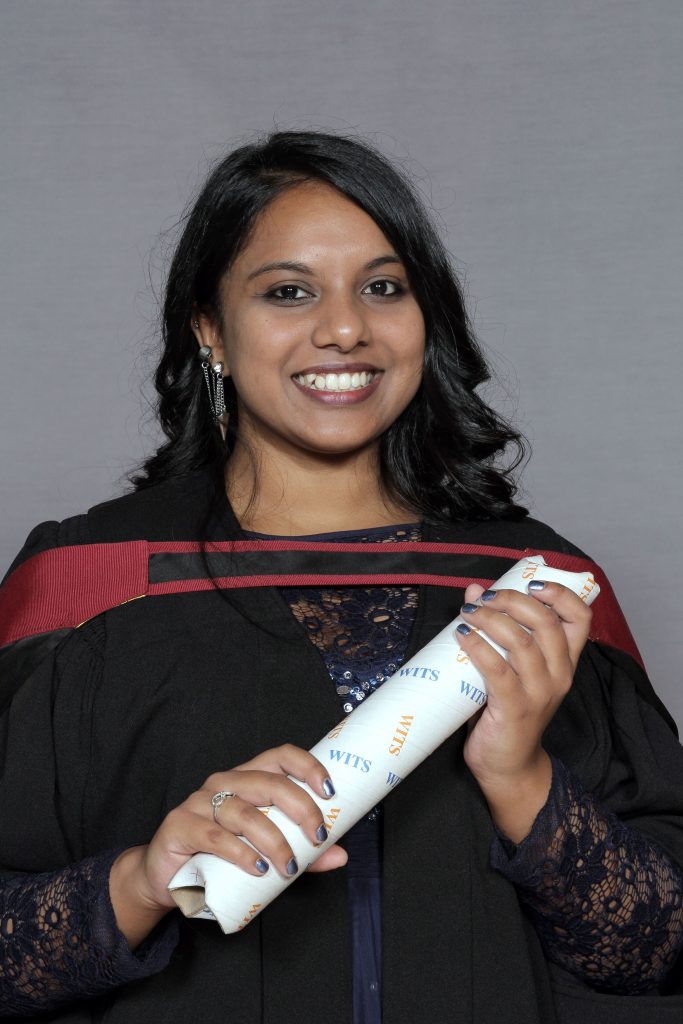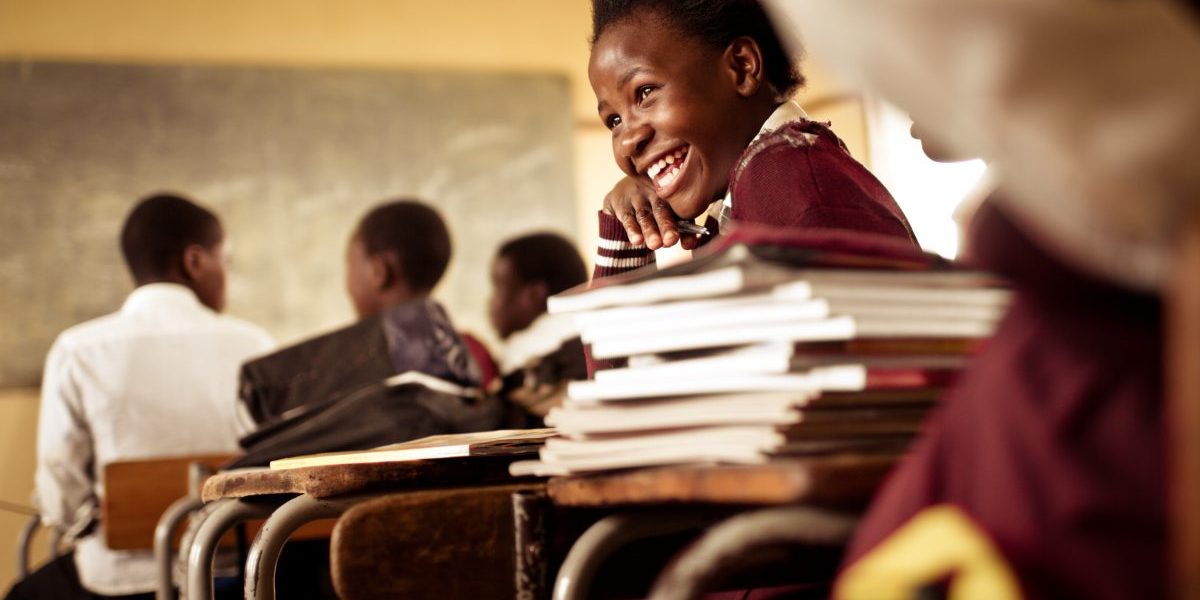 Becoming a teacher was not a difficult decision. I knew that I wanted to get into education by grade 11 but I had a few concerns, as many teenagers do. My main concern is one that teenagers still have today, as I discovered in my own classroom many years later when one of my English learners asked me, ‘Why do we have to read this book?’ This collective concern of teenagers everywhere is one that needs to be answered – ‘Why are we learning this?’
Becoming a teacher was not a difficult decision. I knew that I wanted to get into education by grade 11 but I had a few concerns, as many teenagers do. My main concern is one that teenagers still have today, as I discovered in my own classroom many years later when one of my English learners asked me, ‘Why do we have to read this book?’ This collective concern of teenagers everywhere is one that needs to be answered – ‘Why are we learning this?’
The book in question was 1984 by George Orwell, a phenomenal fictional novel that I would recommend to all who want a good read. I took this as an opportunity to put away my lesson plan and address the core of the question. I told my learners that they needed to take this novel out of the fictional section of their libraries and put it into the non-fiction side. We spent that lesson discussing totalitarianism in modern society, and how people need to be more active thinkers who critically make informed decisions, instead of merely thoughtlessly conforming.
Many teachers who I know would love to have these kind of discussions, but they feel restricted by the time constraints of finishing a syllabus and, unfortunately, these teachable moments are limited to only one or two a year. That then raises a question that we need to be asking, ‘What are we really teaching our learners?’ Someone once told me to remember that long after a child forgets what you have taught him or her, there remains a memory of how he or she felt. I think this should be taken a step further – in every lesson, we should incorporate something our learners can take away that will be practical and encourage their critical thinking outside of the classroom, far beyond memorisation and cramming for tests. It is saddening to think that in South Africa, the completion of secondary school is not enough to secure a job as easily as it was in the past. We, therefore, cannot underestimate the importance of critical thinkers going from our schools and into the world.
According to SDG Goal 4 which refers to quality education, over 265 million children globally do not attend school and 22% of these children are of primary school age. While access to education is a topic on its own, education itself should be about more than just warm bodies in classrooms. Shockingly, even those attending school do not have the adequate numeracy and literacy skills for their age group, which results in a youth demographic where 617 million lack these basic skills.
As part of this youth demographic myself, and as an educator who does not want the learners I teach to be part of these statistics, I think it is time to change the way we teach – one lesson at a time.







